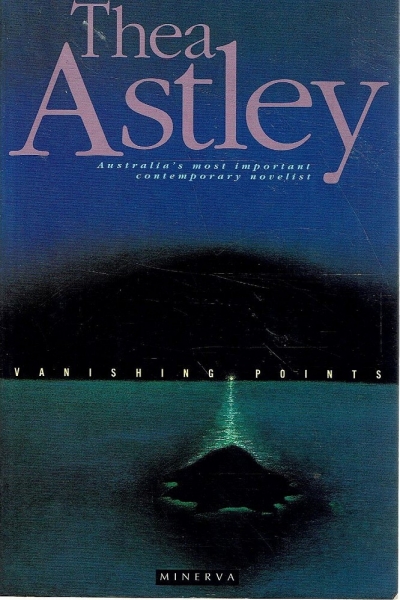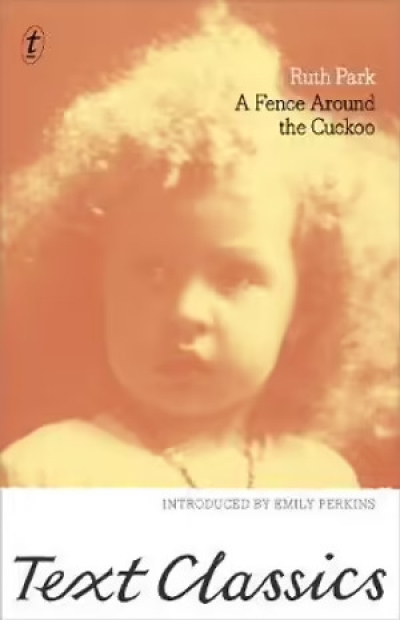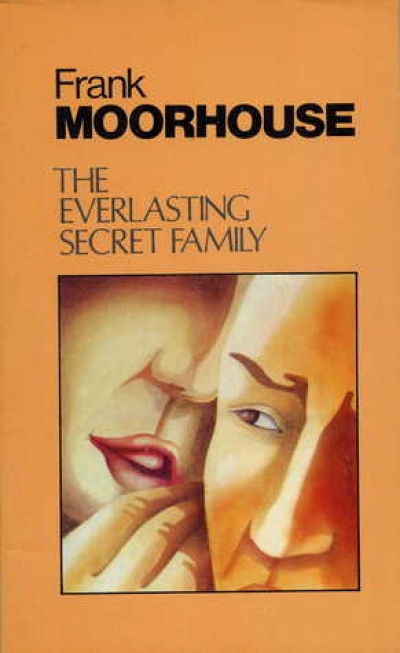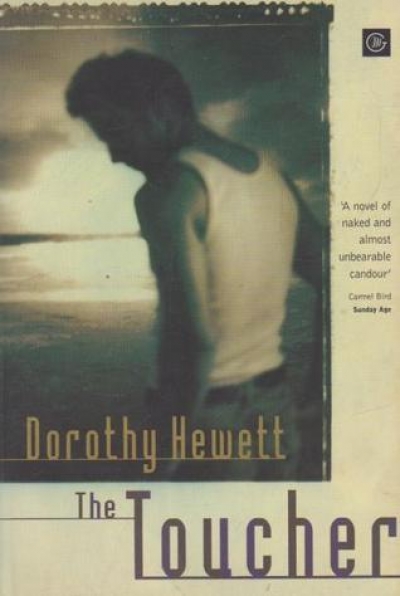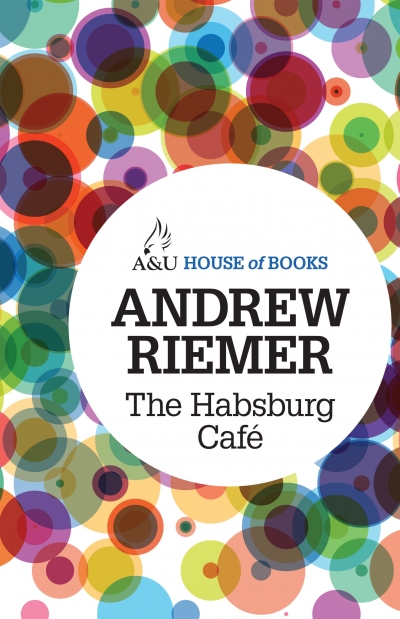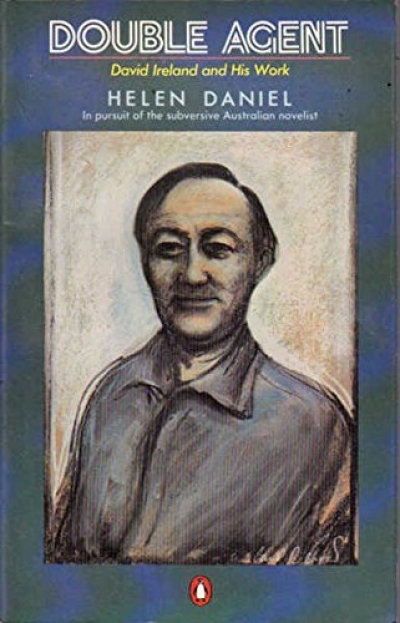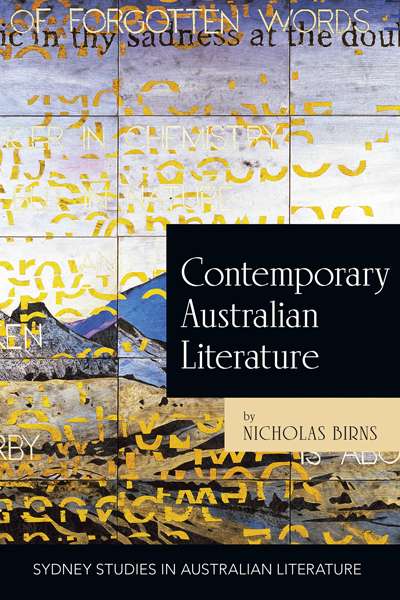Australian Literature
What do we do with literary magazines? How do we read these more or less accidental collections of literary fragments? How can we say that they matter? It would be nice if we could hold on to the heroic model of the modernist little magazine always ‘making it new’, forging a space for the advance guard, with what Nettie Palmer once called a ‘formidable absence of any business aims’. But, in the age of state subsidy and university support, and with large publishing houses intervening in the magazine market place, this would be sheer nostalgia – though in a form that might still motivate new magazine projects.
... (read more)When Dorothy Hewett won the Victorian Premier’s Literary Award for non-fiction with the first volume of her autobiography, Wild Card, it was a popular choice on the night. She’s a writer who has attracted all kinds of controversy, from libel suits to outrage over her flamboyant politics, both sexual and social. She has published four volumes of poetry, thirteen plays, but only one novel, called Bobbin Up, back in 1959. Jack Beazley, in a review for the Communist Review, criticised the novel for ‘an overstressing of physical relations’; a judgment that evidently didn’t deflect Dorothy Hewett from her interests, since physical relations, and the way that women feel about them, are still stressed in The Toucher. Setting herself a difficult task, Hewett has placed her central character, a woman writer, in a wheelchair, and without the company of a male lover, in order to talk about some of the things that preoccupy her now: old age, loneliness, physicality, relationships, personal history. She’s a generous talker, open and friendly, willing to think about any topic that is presented, and obviously very pleased to have produced another novel after years of believing that she couldn’t write one. I began by asking Dorothy Hewett how she felt about returning to the novel after so many years writing poetry and plays.
... (read more)Double Agent: David Ireland and his work by Helen Daniel
When I heard I was on a literary panel called ‘Dialogues with the Past’ I was struck by a very familiar feeling, well beyond déjà vu. The sort of feeling best described by Barry Humphries as having the anticipatory excitement of dancing with your mother. In this country, it seems, the Good Old Past is always trotted out for one more waltz.
There has to be a reason for our having a session called something like ‘Dialogues with the Past’ at every literary festival in Australia. What is it with us and history? We’re always being told we lack confidence in the here and now. How much do we still need the past, preferably the nineteenth century, to confirm for us who we are and why? Do we just think we do? We do seem to have – and I certainly include myself in this – an overriding concern with questions of national identity.
... (read more)
